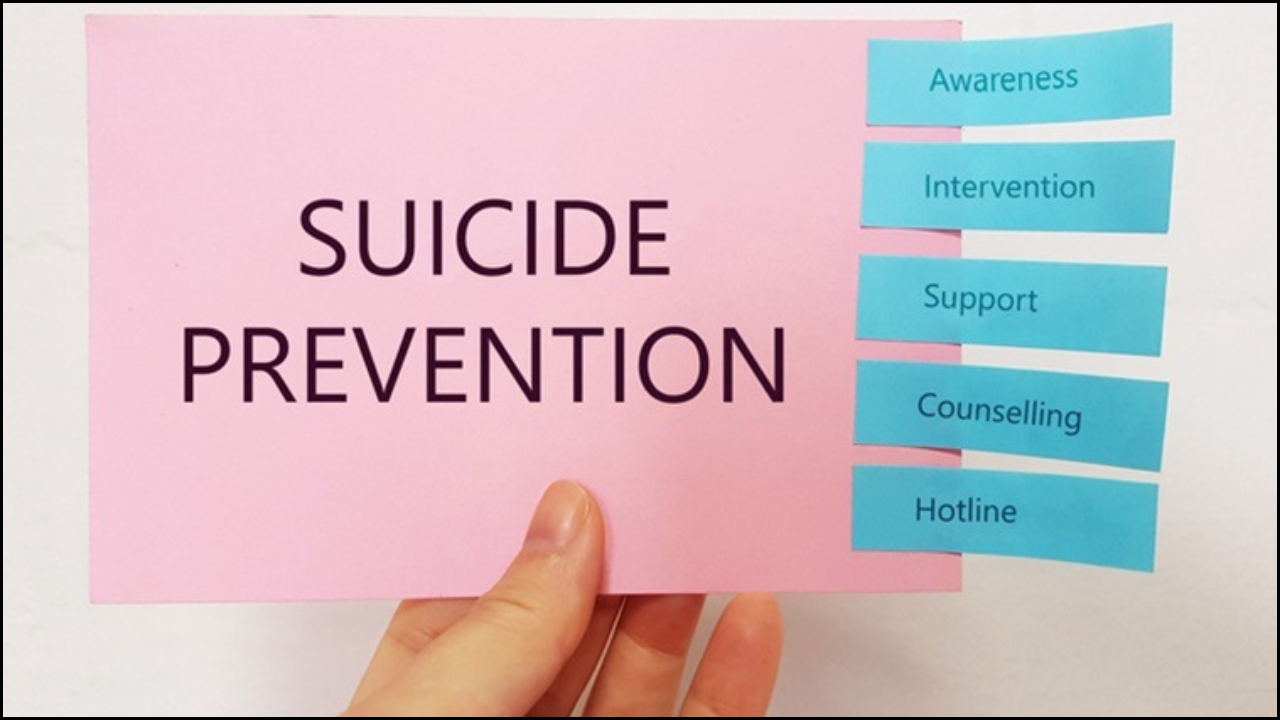
Counselling and crisis intervention play a central role in suicide prevention by providing timely support, guidance, and emotional stabilization to individuals at risk. Service CC emphasizes that early intervention through professional counselling and crisis services can prevent escalation of suicidal thoughts and behaviors. These strategies empower individuals to cope with distress, access resources, and regain hope, while also equipping families and communities to respond effectively in critical moments.
Table of Contents
Understanding Counselling in Suicide Prevention
- Definition: Counselling is a professional, structured process where trained mental health practitioners assist individuals in understanding and managing their emotional and psychological challenges.
- Objective: Reduce feelings of hopelessness, anxiety, or depression that may contribute to suicidal thoughts.
- Benefits: Provides coping strategies, emotional support, and tools for problem-solving in a safe and non-judgmental environment.
- Target Audience: Individuals experiencing suicidal thoughts, family members, and caregivers seeking guidance.
Key Components of Counselling
- Individual Counselling: Personalized sessions focused on understanding personal struggles and developing coping mechanisms.
- Family Counselling: Helps families understand warning signs, communicate effectively, and support at-risk members.
- Group Counselling: Peer sessions where individuals share experiences, reducing isolation and promoting mutual understanding.
- Cognitive Behavioral Therapy (CBT): Evidence-based therapy addressing negative thought patterns and behaviors contributing to suicidal ideation.
- Crisis Management Training: Counsellors are trained to identify immediate risk and implement safety measures.
The Importance of Crisis Intervention
Crisis intervention provides immediate support during high-risk situations, focusing on stabilizing emotions and preventing suicide attempts:
- Definition: Crisis intervention involves short-term, urgent assistance to individuals experiencing acute emotional distress.
- Goal: Ensure safety, reduce immediate risk, and connect individuals to longer-term support.
- Modes of Delivery: In-person, telephone helplines, and digital chat platforms.
- Time Sensitivity: Early response is critical to preventing irreversible outcomes.
Overview: Counselling vs Crisis Intervention
| Aspect | Counselling | Crisis Intervention |
|---|---|---|
| Purpose | Emotional support & long-term coping | Immediate stabilization & risk reduction |
| Duration | Multiple sessions over time | Short-term, immediate response |
| Focus | Understanding underlying issues | Addressing urgent threats |
| Audience | Individuals, families, groups | Individuals in acute crisis |
| Methods | Therapy sessions, CBT, skill-building | Helplines, safety planning, emergency referral |
Service CC’s Approach to Counselling and Crisis Intervention
1. Professional Counselling Services
- Trained Therapists: Licensed counsellors and psychologists provide evidence-based support.
- Tailored Support Plans: Individualized care based on assessment of mental health, risk factors, and personal needs.
- Follow-Up Care: Ensures sustained recovery and monitors progress to prevent relapse.
2. Crisis Intervention Programs
- 24/7 Helplines: Immediate access to trained professionals during moments of acute distress.
- Text and Online Chat Support: Accessible digital channels for urgent communication.
- Emergency Referrals: Coordination with hospitals, psychiatrists, or local mental health services for high-risk cases.
- Safety Planning: Developing practical steps to minimize risk, including removing harmful means and identifying support networks.
3. Community Education and Training
- Awareness Workshops: Educate communities on recognizing suicidal behaviors and seeking help.
- Gatekeeper Training: Programs for teachers, employers, and community leaders to identify and respond to at-risk individuals.
- Resource Dissemination: Guides, brochures, and digital resources highlighting warning signs and support options.
Practical Tips from Service CC for Effective Intervention
- Active Listening: Allow individuals to speak openly without judgment or interruption.
- Empathy and Validation: Acknowledge feelings and provide reassurance.
- Direct Questions About Suicide: Ask clearly if the person is thinking of harming themselves.
- Encourage Professional Help: Guide the individual to counselling, helplines, or crisis services.
- Maintain Presence: Offer continuous support until professional help is accessible.
Overview: Key Service CC Programs for Suicide Prevention
| Program/Service | Purpose | Target Audience | Delivery Mode | Frequency |
|---|---|---|---|---|
| Individual Counselling | Address emotional distress and suicidal thoughts | At-risk individuals | In-person & Online | Weekly or as needed |
| Family Counselling | Strengthen family support and communication | Families & Caregivers | In-person & Virtual | As needed |
| Crisis Helplines | Immediate support during high-risk situations | Individuals in crisis | 24/7 Phone & Chat | Continuous |
| Safety Planning | Reduce risk through actionable strategies | Individuals & Families | In-person & Virtual | During crisis |
| Community Workshops | Educate about suicide prevention | General Public, Schools, Workplaces | In-person & Online | Quarterly |
Benefits of Counselling and Crisis Intervention
- Life-Saving Support: Reduces the immediate risk of suicide.
- Emotional Stabilization: Helps individuals regain a sense of control and hope.
- Skill Development: Provides coping strategies to manage stress and suicidal thoughts.
- Community Awareness: Reduces stigma, encourages early help-seeking, and promotes collective responsibility.
- Long-Term Recovery: Sustained counselling and follow-up prevent recurrence and support overall mental health.
Final Analysis
Counselling and crisis intervention are vital components of effective suicide prevention. Service CC equips individuals, families, and communities with the knowledge, tools, and professional support necessary to respond promptly to suicidal thoughts and behaviors. Through structured counselling, immediate crisis support, and community education, Service CC fosters hope, resilience, and safety. Early recognition, empathetic communication, and access to professional resources create a protective environment where lives are preserved and mental health is strengthened.





